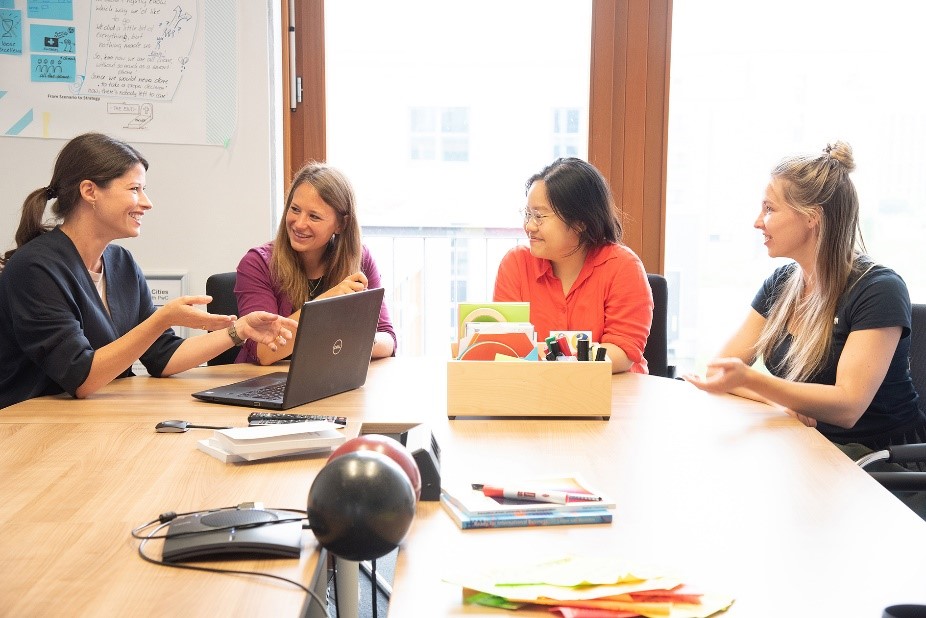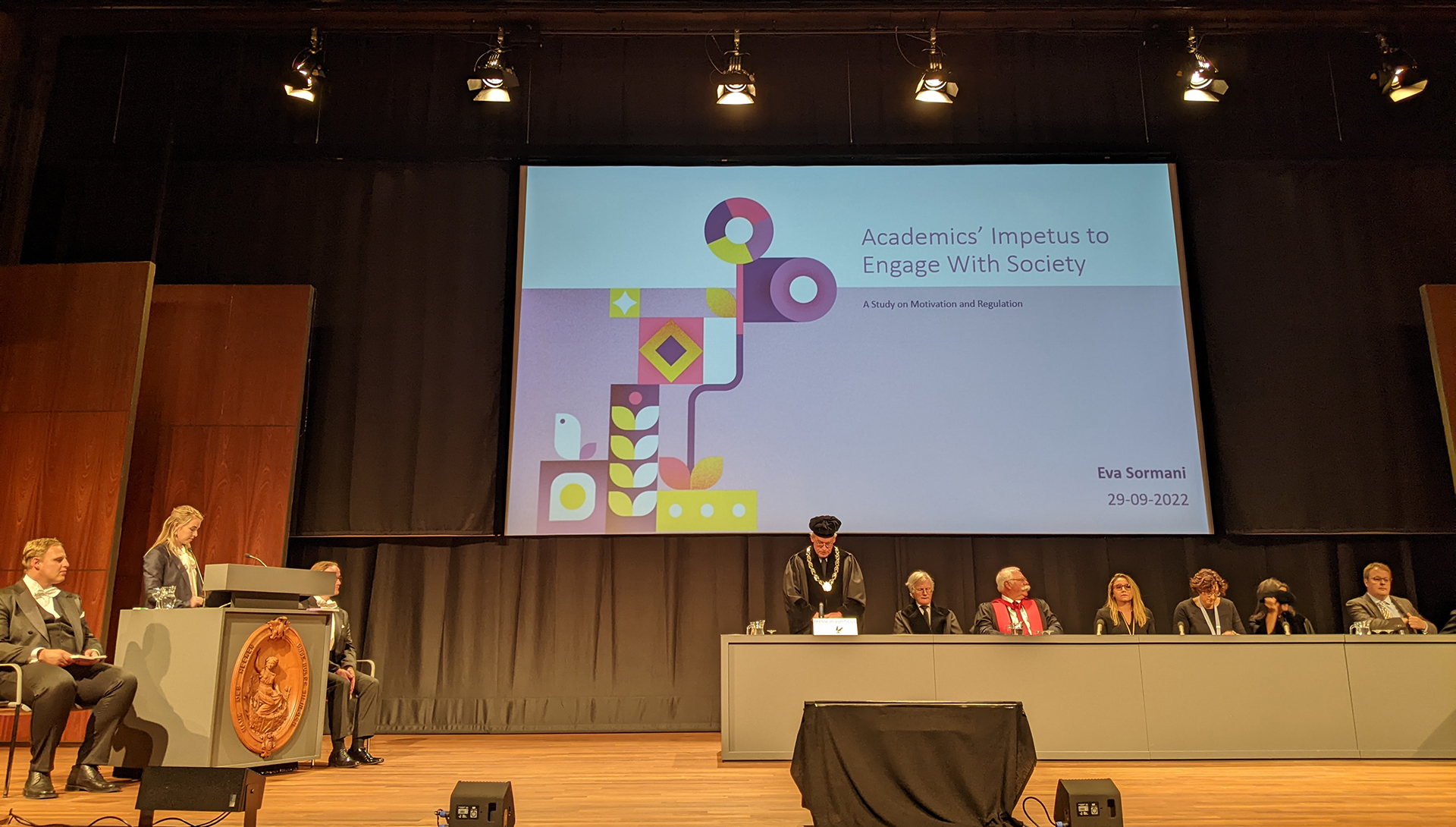1 October 2022 | Münster
After five years of improving social challenges in rural areas with 13 different FH-related project members, the münster.land.leben project came to a successful end on 29 September. The Science-to-Business Marketing Research Center (S2BMRC) was an essential component of this project, in which the S2BMRC conducted collaborative research as a subordinate project member "science marketing".
The project's overall aim was research and development for health, participation, and well-being in rural areas, in this case, for the "Münsterland". Not least because of demographic change and the effects of globalisation, this project had its importance. In various sub-projects, an attempt was made to identify transfer barriers in the health and care sector, initiate exchange processes between science and society, and anchor operative measures in the long term. To this end, the entire "Münsterland" region was invited to participate and was included.

The special feature of our "science marketing" sub-project was that we distinguished ourselves from other sub-projects by offering our partners transfer strategies and cooperation advice. Our goal was to anchor "science with and for society" in the higher education ecosystem by exploring the interaction between society and higher education to improve societal challenges. Besides several publications such as the "Co-Creation Toolbook", published by Springer-Verlag, the white paper "gemeinsam.zukunft.gestalten." and the paper "The Payback of Citzen Science" was published by freval Journal and was also presented at the "Citizens Science Conference" in Bonn. At the end of the project, the "USC Ecosystem: A comprehensive University-Society Co-Creation Framework" was launched as a conference paper at the UIN in Amsterdam and CiNet conference in Pisa.
In total, five PhD candidates emerged from this project. In other words, our PhD candidates have contributed to the resulting publications. These five PhD candidates include Dr Eva Sormani, Maggie Chak, Katrin Uude, Annika Wesbuer, and Dominik Lappenküper. At the end of the project period, two PhD candidates received their doctorates. Dr Eva Sormani M.Sc. and Maggie Chack M.Sc. (PhDc) received their doctorates in the context of Science-to-Society.
Jun.-Prof. Dr. Kerstin Kurzhals presented all results satisfied at the münster.land.leben congress and entered into an exchange with participants from business, NGOs, and funding agencies.







